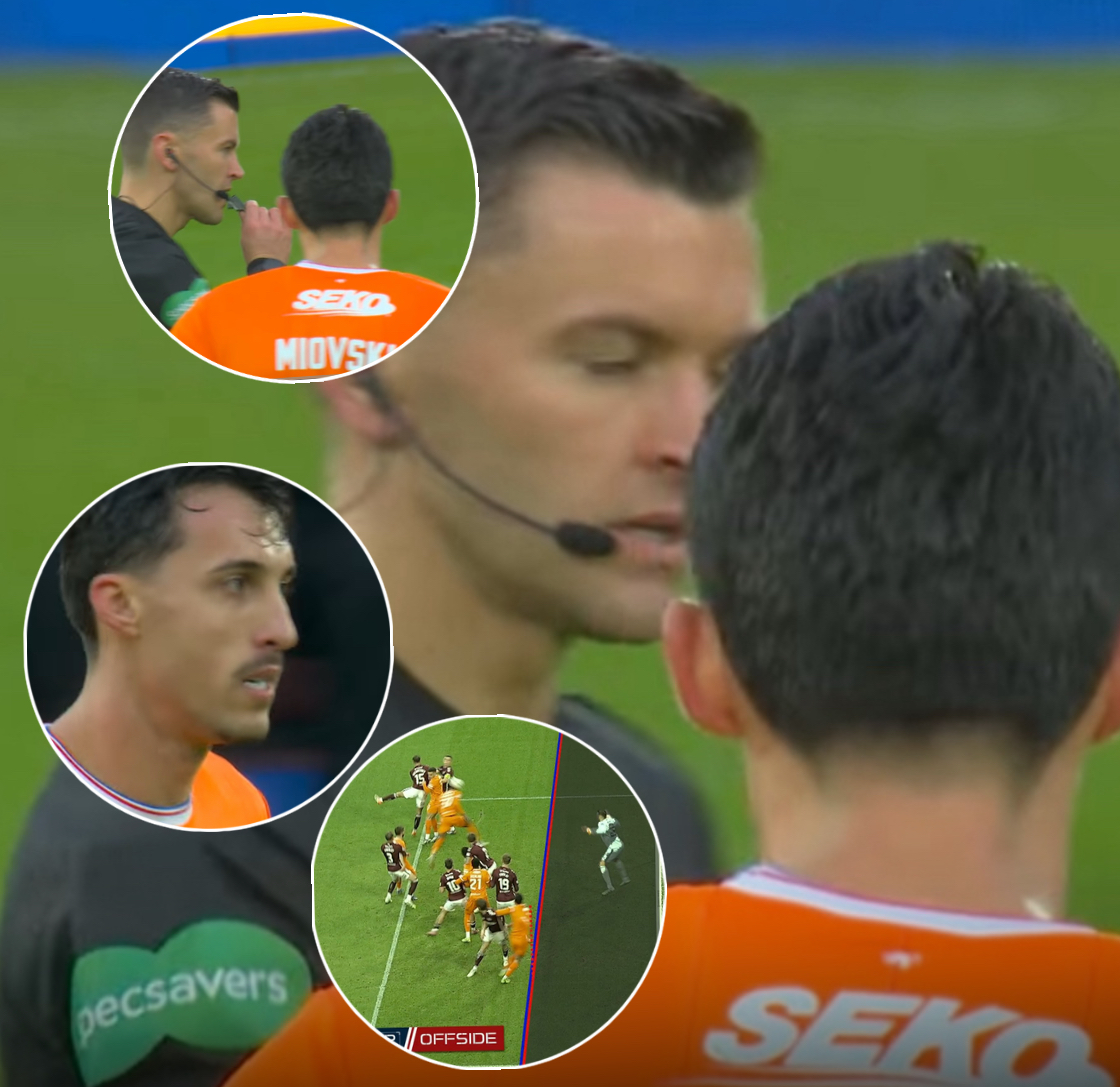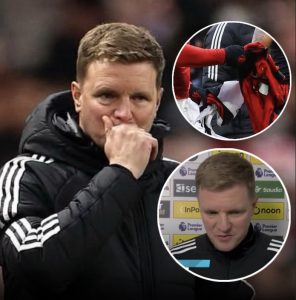NICOLAS RASKIN BRUTALLY CALLS OUT ONE OF HIS TEAMMATE FOR NEVER GIVING OUT THE RIGHT PASSES DURING THE LOSS TO BRANN
A grim night to forget
From the opening whistle the mood was tangible: this wasn’t just a defeat, it felt like an expose of systemic flaws. Rangers’ new manager Danny Röhl walked into his first game in charge and emerged with little to show for it. The visitors were bullied in possession, exposed in transition and struggled to string together anything meaningful going forward.
It was the kind of night where individual errors combined with collective malaise to produce a result of embarrassment. One particular frustration for Raskin — who himself is not without question marks on his own performance — was the inability of certain teammates to execute the simple pass when under pressure.
The moment of truth
It’s important to note: this is not a broad swipe at the team. Rather, Raskin targeted one individual’s recurring failure to deliver the straightforward pass — the pass that unlocks a pressing situation, the pass that keeps momentum alive, the pass that signals you are awake and aware. In an interview after the match, Raskin reportedly said that “we were begging for movement, we were asking for the ball, but too often the pass didn’t come or came late or came into a defender.”
As the second half unravelled and Rangers trailed 2-0, the frustration boiled over. The midfield found itself isolated, forwards running blind, and in one of the rare bright spells Raskin turned to the source of the issue and said: “I can’t keep covering these passes that don’t come. If you get the ball and see a team-mate in space, give it immediately.”
That player was Oliver Antman — the Finnish winger/forward who started the game and was substituted in the second half. Antman, according to Raskin, had multiple moments when he either dribbled too long, looked inward instead of outward, or failed to recognise a pass option. The result? A breakdown in the transitional threat and a frustration for teammates trying to organise their pressing and movement.
Why it matters
On the surface, failing to make the right pass sounds minor. But in elite sport it is the difference between being half a step away from turning the game and being a full step behind. For Rangers, on a night where every piece of the puzzle was fragile, the inability of Antman to perform this basic duty contributed to the overall collapse.
Raskin’s criticism strikes a nerve for several reasons:
- It signals internal frustration: When a senior midfielder like Raskin publicly calls out a teammate, the message is clear — enough is enough.
- It exposes the gulf between intent and execution: Rangers’ intent may have been there, but by the 60th minute it was embarrassingly absent.
- It shifts responsibility: Yes, defending was weak. Yes, the coaching transition is rough. But the simple acts of receiving, checking and passing under pressure — these are fundamental.
- It places pressure on Antman in particular, but also sends a wider message to the squad: no more hiding behind structures or coaches — individual duties count.
What Antman’s role looked like
Antman entered the game as a standalone wide forward, expected to link with midfield, peel off defenders and offer both penetration and service. But what transpired was different: several times he either cut inside rather than provide the width, or held the ball too long rather than release it — costing the team momentum. On one occasion, in the first half, he drifted into the middle, lost his marker, but then delayed his pass until the receiving runner was flagged offside. In the second half, he was substituted amid growing boos from section of the travelling support.
Raskin’s message to him: “If you have eyes for a team-mate, you pass. When you decide to dribble too long or try to create something solo when we’ve lost structure — that’s when we get punished.”
The broader implications
This incident carries weight beyond just one game. Rangers are rebuilding, Lundy is changing, personnel is shifting. For a squad to function at the required level in Europe, every player must fulfil the basic tactical demands. Not just the high-profile ones. When a winger doesn’t pass into space when asked, the press collapses, supports are misaligned, the midfield is exposed, and the defence becomes reactive.
Raskin, although part of the issue on the night (his passing accuracy was labelled ‘below his standard’ by observers) , occupies the vantage point in the engine-room to see mistakes. His frustration is not misplaced: when you are operating in a high-tempo, pressured environment you rely on everyone to make the simplest decision correctly.
How the club might respond
There are a few ways this could play out:
- The club could view Raskin’s comments as a wake-up call. They might convene a internal meeting, review training focus (first touch, decision making, movement off the ball) and address the issue head-on.
- They could consider Antman’s position; if he cannot deliver the required pass-rate and decision-making at his role, perhaps a tactical tweak or alternative option is needed.
- On the flip side, this public call-out might create tension in the dressing room. If Antman feels singled out or unfairly targeted, morale could dip. The management will need to balance the message: accountability versus unity.
- From a coaching perspective, the management might emphasise that the pass is as important as the dribble, the movement is as important as the shot. They will likely drill sequences where the player in Antman’s role must pass under pressure, must scan and select quickly, and must know when to carry versus when to release.
Conclusion
The 3-0 defeat to Brann will likely go down as one of the low points in Rangers’ recent European history. Yet in its fallout there might be a useful moment of clarity. Nicolas Raskin’s vocal frustration serves as both a symptom and a statement. He’s telling the squad: “We are better than this, and yes — I expect more from you.”
For Oliver Antman, the road ahead demands immediate improvement in one simple metric: when you receive the ball, see a team-mate in space, give it. The rest will follow. For the club, the task is to ensure that such individual lapses don’t become systemic failures. If the foundation of the team’s movement, passing and decision-making remains shaky, the next European night could be even worse.
In the modern game, the pass is the most atomic unit of teamwork. You take it for granted when it works; you remember it when it doesn’t. On this night, Antman’s passes failed the team, and Raskin didn’t hesitate to make that known.
If Rangers are to turn the tide and restore belief, they’ll need less finger-pointing and more sharp execution — starting with the simple pass.








Post Comment